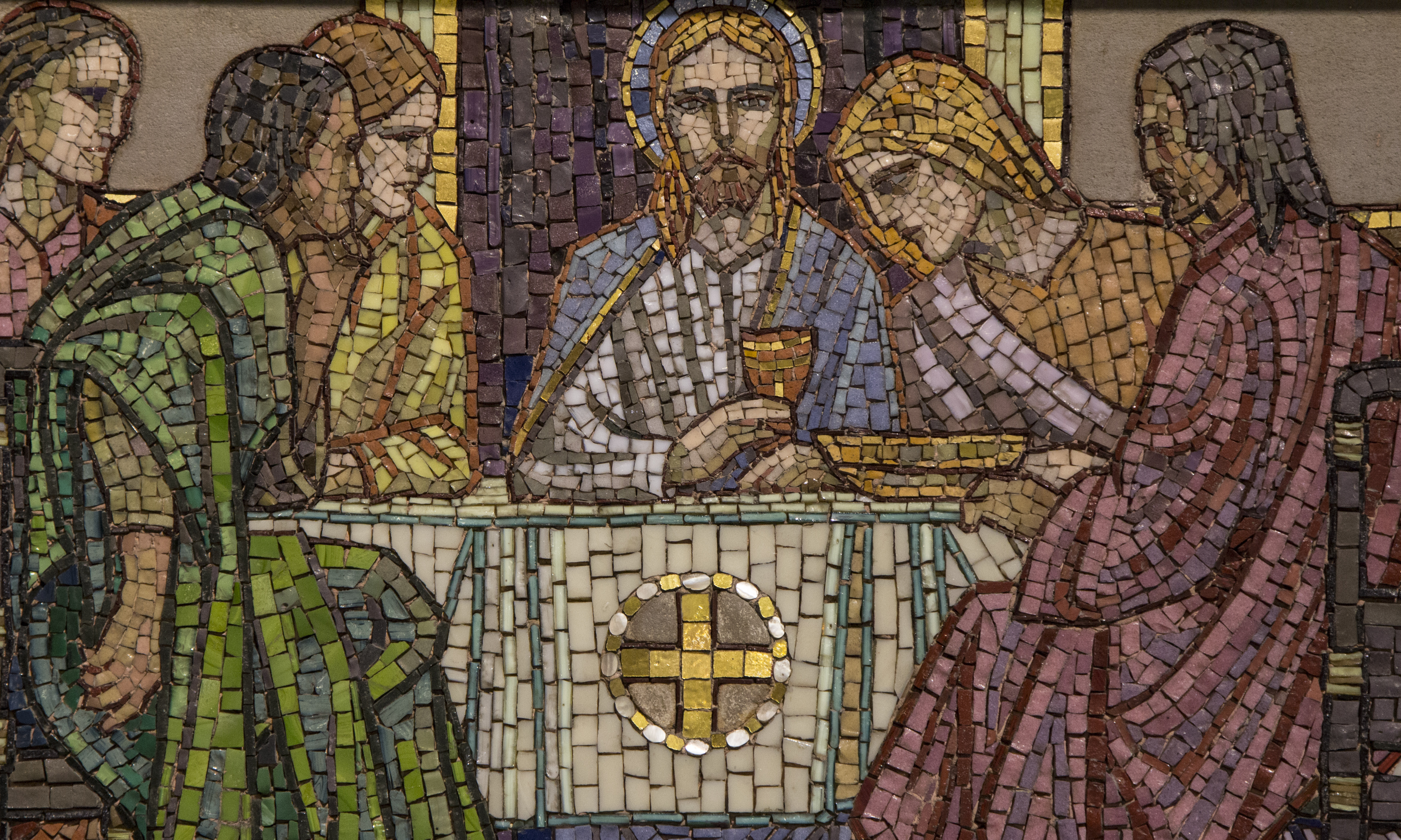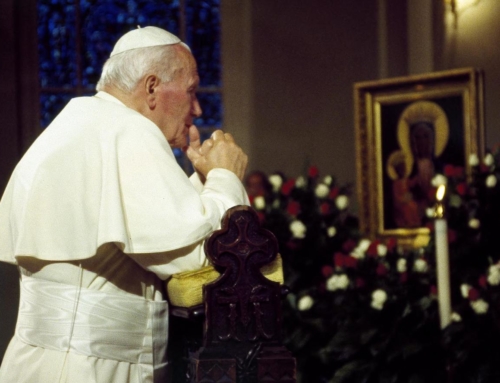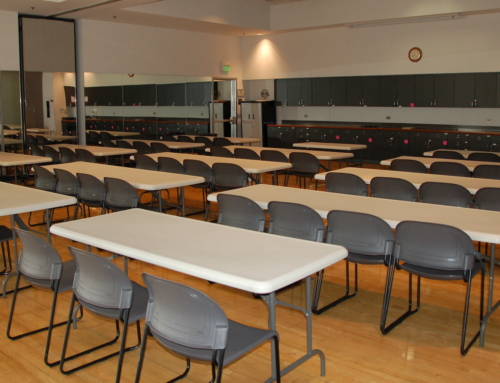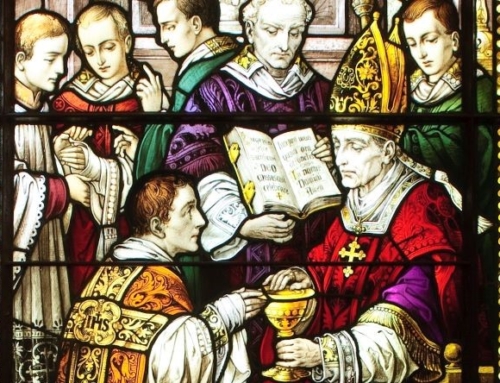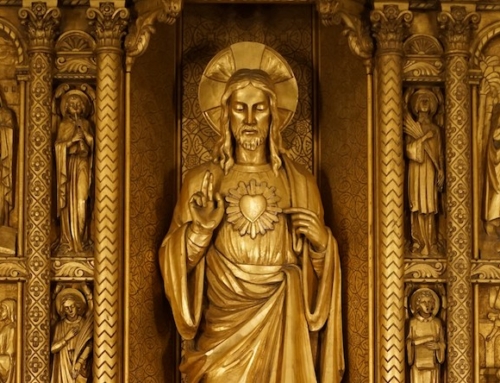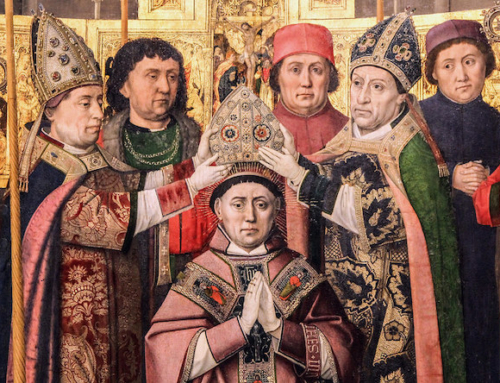When a group shares a common love, a bond is formed among them that corresponds in strength to the depth of that shared love. We often join societies or clubs based on the common loves of hobbies or interests, and even cities or nations are formed by a love that the people in them have for the common good that they share. The Church is also united by one love.
At Pentecost, Jesus fulfilled the promise he made at the Last Supper and poured the Holy Spirit into the hearts of his disciples. “God’s love has been poured into our hearts through the Holy Spirit which has been given to us” (Rom 5:5). With this life-giving act, the Church was formed from a band of timorous men and women. God formed his Church by giving its members the infinite love of the Holy Spirit to unite them together. In speaking about this, some have gone so far as to say that the Holy Spirit is the “soul of the Church” or the “heart of the Church.” Both thoughts get at the same thing: the Holy Spirit is the very source of the Church’s life and the Church’s unity.
Christ expressed his deep desire for unity at the Last Supper. The petition for unity is at the heart of Jesus’ prayer for the Church: “Holy Father, keep them in thy name, which thou hast given me, that they may be one, even as we are one” (Jn 17:11). This prayer is not only for those who were present at the Last Supper, but “also for those who believe in me through their word, that they may all be one; even as thou, Father, art in me, and I in thee” (Jn 17:20-21). Jesus goes even further. He prays that the unity of his Church might be a result of the glory that the Father has given to the Son, “The glory which thou hast given me I have given to them, that they may be one even as we are one” (Jn 17:22).
The unity given by the Spirit is essential to the Church, and there is nothing that the devil desires more than to break apart this unity. The very meaning of the devil’s name, from the Greek dia-balein, means “to throw apart, or scatter.” A sure sign of the devil’s work is division in the Body of Christ. It is his modus operandi to sow anguish and anxiety, doubt and suspicion—to tear the people of God apart by attempting to take away the love which unites them. He can do this by obscuring the truth, by causing scandal, and by creating a hysterical drive of polarization among the faithful. “What I mean is that each one of you says, ‘I belong to Paul,’ or ‘I belong to Apollos,’ or ‘I belong to Cephas,’ or ‘I belong to Christ.’ Is Christ divided? Was Paul crucified for you? Or were you baptized in the name of Paul?” (1 Cor 1:12-13). This problem is as old as the New Testament, but it is not something which we can sit back and accept with resignation.
How are we to combat the forces that threaten the Church? How can we preach the unadulterated truth of the gospel without sowing division? In his book, The Day Is Now Far Spent, Cardinal Sarah tells us, “We must do so in a spirit that is Catholic, in other words, profoundly supernatural and benevolent.” We must work under the aegis of the Holy Spirit, and all our actions must take place under the hope we have in Christ of the final victory of God. This is not being “optimistic”; this is living in a supernatural way. This is not “being nice”; this is being magnanimous and benevolent in the midst of the world. Christ has set us apart, and has sanctified us in the truth for the proclamation of the Gospel. He has given us the Holy Spirit as a bond of peace, a peace that the world cannot give and which cannot be obtained by worldly standards. So long as we act from impure motives or loyalties that are only human, we will not be able to work for true renewal in the Body of Christ. Let us give ourselves again to the life-giving action of the Spirit, and pray for the unity of the Church.
✠
Photo by Fr. Lawrence Lew, O.P. (used with permission)

